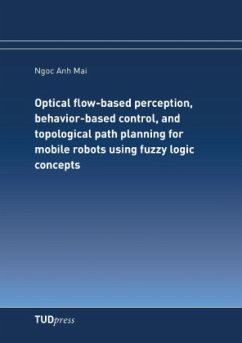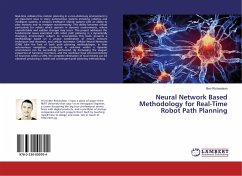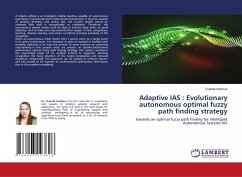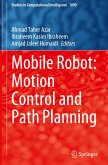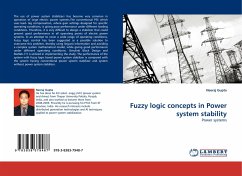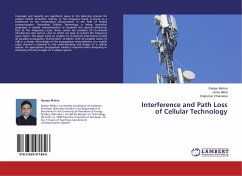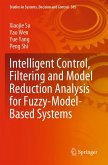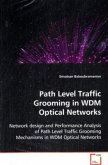In this dissertation, a new approach of optical flow perception is developed. Compared to the existing metric optical flow processing approaches, this approach uses much simpler arithmetic and requires less computation time because of the use of qualitative optical flow interpretations. Compared to the existing qualitative optical flow processing approaches, this approach provides vision-based mobile robots with 3D-object and indoor landmark recognition.Additionally, a generic modular structure of a behavior-based control system with three clearly separate modules for perception, motion control, and path planning is developed. The performance of the optical flow perception embedded in the behavior-based control system with the topological path planning has been successfully tested through experiments in a real environment under most realistic conditions including relevant noise effects.
Bitte wählen Sie Ihr Anliegen aus.
Rechnungen
Retourenschein anfordern
Bestellstatus
Storno

